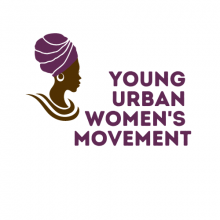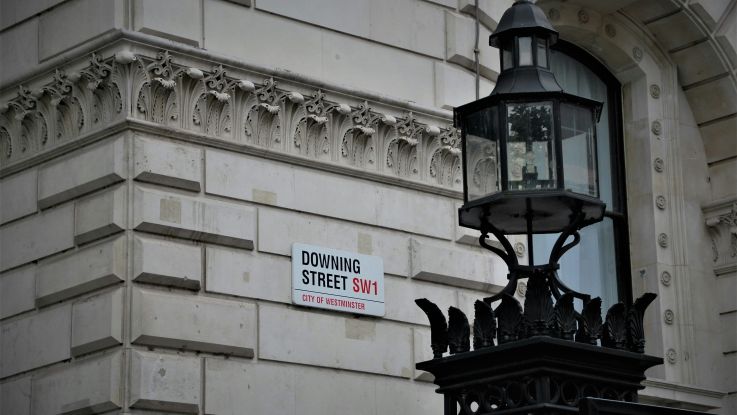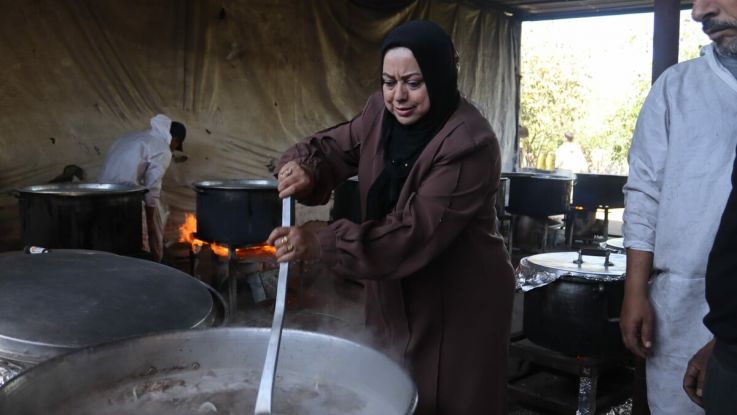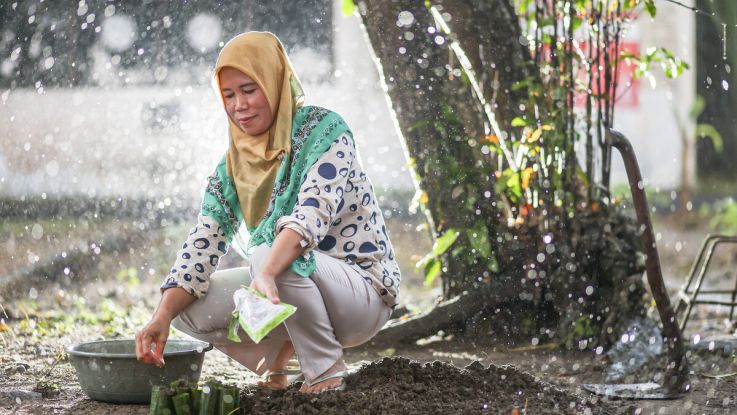The links between gender-based violence and the economy
11 December 2023
Find out about the striking relationship between gender-based violence and economic policy making – in particular, the links between austerity and violence.
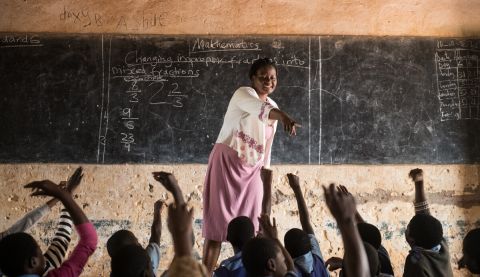
Teleza, a primary school teacher and member of the Young Urban Women in Malawi. Photo: Thoko Chikondi / ActionAid
Sunday marked the last day of the annual 16 Days of Activism against Gender Based Violence campaign, which runs from 25 November - 10 December.
Gender-based violence remains one of the most persistent and widespread human rights abuses across the globe. Violence has an impact on every aspect of women’s and girls’ lives - our physical and mental health, our education and ultimately our ability to experience our full human rights.
Often overlooked, however, is the striking relationship between gender-based violence and economic policy making – in particular, the links between austerity and violence.
What is austerity?
Austerity is a set of economic measures that aims to reduce government budget deficits.
Measures usually include tax rises at the same time as spending cuts, often to social protection mechanisms and structures. The measures are usually part of a broader economic policy which focuses on greater privatisation, liberalisation, and deregulation as a means of growing the economy.
Since the late 1970s, international financial institutions like the IMF have advocated strongly for austerity measures – often imposing these policies on governments in exchange for loans.
The UK is also no stranger to this kind of policy making. David Cameron, the UK’s newly appointed Foreign Secretary, was Prime Minister when the UK Government implemented a savage policy of austerity from 2010 onwards.
Increasing evidence has shown the damage of this approach and of austerity measures, in particular. Feminist researchers, movements, and allies – including ActionAid – have highlighted the specific and disproportionate impact of austerity on women and girls, across the globe.
The impact on women and girls
The Young Urban Women’s movement is a programme running in cities across Malawi, Ghana, South Africa and Kenya, which works with young women to ensure economies and public service systems work for women and girls.
Through the programme, young urban women have highlighted how, under austerity, services for women and girls continue to be disregarded and deprioritised, making women and girls (especially those most marginalised) more susceptible to violence and exploitation.
The movement has particularly shed light on how this happens in two ways:
First, austerity policies have resulted in cuts to essential public services – including healthcare, social protection, community policing and justice, along with specific GBV services – all of which are vital to women who are experiencing abuse.
ActionAid’s research has shown the extent of some of these cuts. While the World Health Organisation recommends that governments spend $86 per person per year on health services, Uganda spends just $6, and Malawi spends just $8.
When public services are limited or cut completely, women and girls face increasing challenges to access the support and care they need when experiencing abuse. Women’s options to report abuse or bring their abuser to justice are also constrained as policing and justice services are cut.
At the same time, as one of our colleagues within the Young Urban Women’s movement has highlighted, when public services are cut “women act as society’s shock absorbers” – taking on additional care and budgeting responsibilities. In doing so, women often sacrifice their own opportunities and freedoms – a form of mental and emotional violence.
Economic insecurity
The second way in which austerity impacts women and girls is through reduced social safety nets and unemployment benefits. As workers in the public sector, women are also disproportionately impacted when public services are cut or privatised.
The resulting economic insecurity can have devastating consequences. When women face financial instability, it becomes much more challenging for women to leave abusive relationships, as they may depend on their abusers for financial support.
The Young Urban Women Programme has also highlighted how women can turn to negative coping strategies, including accepting exploitative and risky forms of work to make ends meet.
How can we make a change?
What is clear is that governments cannot continue to disregard the links between economic policy making and gender-based violence.
At the Young Urban Women’s Programme, we have set out a number of steps decision-makers must take urgently.
Better data collection and research will further solidify the evidence relating to economic policy and GBV and inform fairer, feminist decision-making.
At the same time, governments must ensure that meaningful consultation with women and girls is undertaken before making policies, and ensure that gendered human rights impact assessments are completed before taking decisions.
It is clear that prioritising and funding public services is key – this includes specialist GBV services as well as community policing and justice services.
It is also crucial that governments – including the UK Government – fund feminist movements, women’s rights organisations, and girl-led groups.
Women’s rights organisations play a vital role in providing services for women and girls experiencing GBV. But they also play a key role in holding their governments to account and working to change social norms and behaviours.
A key way to ensure funding for public services is through progressive taxation. The current economic approach enables multinationals and wealthy elites to avoid and evade tax – denying governments vital financing for public services.
Governments – including the UK – must support global measures to create a fairer tax system.
Key, of course, is to ratify and implement existing policies that governments have signed up to – whether at a national or international level.
The ILO’s Convention 190, for example, clearly sets out that violence and harassment in the workplace is not acceptable. Governments must first ratify this convention and then ensure it is delivered.
With a feminist approach, economic policymaking can support wellbeing and the fulfilment of women’s human rights.
Alongside feminist movements, the Young Urban Women network highlights that gender-based violence is not just a physical threat but an economic one. GBV is a central (not peripheral) feature across all global crises, including the climate crisis, and must be put at the centre of decisions to respond to them.
